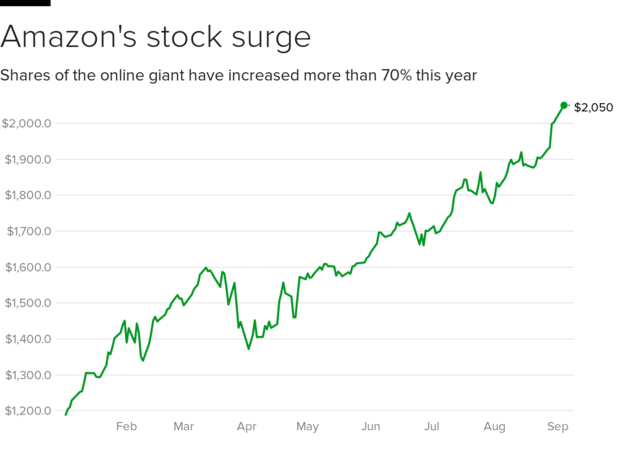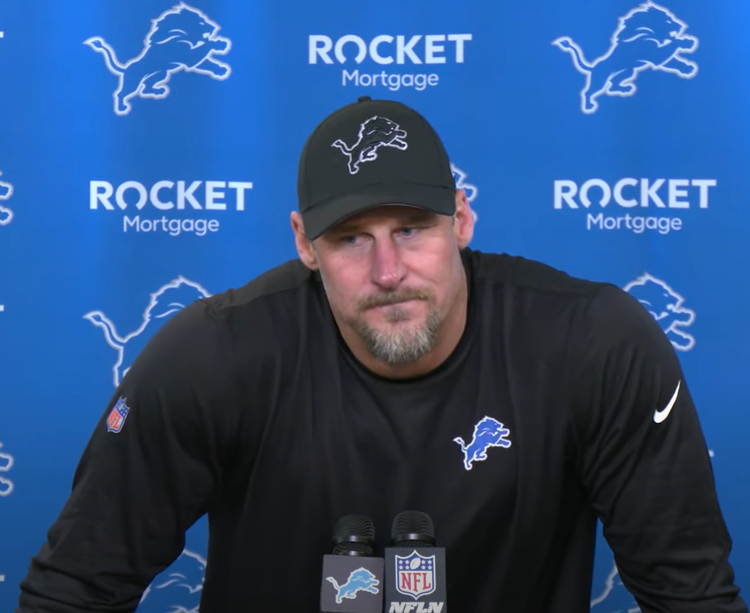In a noteworthy accomplishment, Amazon has turned into the primary public corporation on the planet to accomplish a market capitalization of $1 trillion.
The company’s stock price surged on September 4, 2018, making Amazon the second American company to reach the trillion-dollar milestone after Apple.
However, Amazon’s achievement is unique as the company has reached this valuation in a much shorter period than Apple, which took several years to achieve this feat.
Amazon’s prosperity can be credited to its resolute spotlight on consumer loyalty and nonstop development. The organization began as a web-based bookshop in 1994, and throughout the long term, it has extended its item contributions to incorporate gadgets, clothing, and food, and that’s only the tip of the iceberg.
Amazon has likewise put vigorously in innovation, for example, computerized reasoning and distributed computing, which has given it an edge over its rivals.
Amazon’s pioneer and Chief, Jeff Bezos, is presently the most extravagant individual on the planet, with more than $200 billion total assets. Bezos has always been focused on the long-term success of Amazon and has often reinvested profits back into the company rather than returning them to shareholders.
This methodology has paid off, as Amazon’s income has reliably developed year over year, and the organization is currently a prevailing player in the worldwide retail market.
Amazon’s trillion-dollar achievement is critical for the organization as well as for the retail business all in all. The organization has disturbed customary physical retailers and has constrained them to adjust to the changing retail scene.
Amazon’s prosperity has likewise placed tension on other web-based business organizations to stay aware of its inventive items and administrations.
Notwithstanding, Amazon’s predominance has additionally raised worries about the organization’s market power and its effect on private companies. Some critics argue that Amazon’s aggressive pricing strategies and low-profit margins have led to the closure of many small retailers.
Moreover, Amazon’s strength in specific business sectors, for example, distributed computing, has prompted calls for expanded guidelines to forestall hostility to the cutthroat way of behaving.
Amazon’s accomplishment of a trillion-dollar market capitalization is a critical achievement that features the organization’s development, client center, and long-haul methodology.
Notwithstanding, as Amazon keeps on ruling the retail business, there are worries about its effect on independent ventures and the requirement for expanded guidelines. The truth will surface eventually about the way in which Amazon’s prosperity will shape the fate of the retail business.













